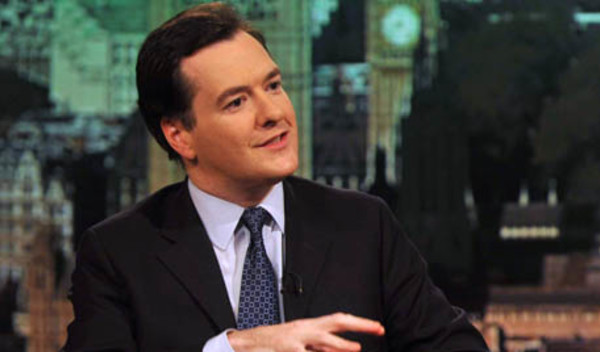

This week more than usual, we should be alert to the dangers of unnecessarily polarising debate.
Quite aside from the far more significant context to which this axiomatic statement relates in recent days, in the UK we are starting out on one of the longest election campaigns in memory, which looks likely to be undermined by confected bellicosity.
From ‘weaponising’ the health service for political ends - was there ever a more oxymoronic statement? - to ‘saving’ everything from the economy to education, we are going to be told that only by voting for one particular party can we avoid otherwise certain catastrophe.
And we wonder why people turn off from politics.
I began to wonder at the histrionics in currently political discourse over the festive break, as consecutive opinion polls attested to the disastrous effects of a “bungled” Autumn Statement on the Tories’ election chances.
Their slide in the polls was precipitated, it was commonly stated, by revelations in the documents published after George Osborne’s speech which apparently revealed public spending could be heading back to levels last seen in the 1930s.
To quote from the Office for the Budget Responsibility: “Total public spending is now projected to fall to 35.2 per cent of GDP by 2019-20, taking it below the previous post-war lows reached in 1957-8 and 1999-2000 to what would probably be its lowest level in 80 years”.
Now quite apart from the fact that I thought the Autumn Statement was a fairly deft piece of work and the change to stamp duty in particular long overdue, I have a few problems with this - and with the vitriolic response which followed.
Firstly, I’m not sure it’s true.
According to public expenditure analyses published by the Treasury in 2014, total government expenditure declined for eight consecutive years and reached a nadir of 34.3 per cent of GDP during the first New Labour term in 2001/2002.
For the record, public spending that year was quoted as £343.8bn. This year it is forecast to be a nominal £732bn.
Second, I’m not sure I care. If public spending was to be equivalent as a proportion of GDP to any other point in history, why should this matter?
It’s all got over emotional. We react with horror at the 1930s comment because it references a time before the welfare state; just as, all too frequently, we are being told that something we hold dear might be ‘sold off’ or drained through profligacy.
Instead, I’d like to see some sensible debate about where our spending priorities should be and what the country can realistically afford. Set aside ringfences or symbolic pledges: what do we need to pay for, what does it cost, how can we make that affordable.
Returning to an old hobby horse of mine, the first thing that would surely end up on the chopping block is a non-means tested state pension.
That we need cuts to balance the books should by now not be in dispute. That we should concentrate those cuts on a group of people who make up some of the poorest in society, while protecting universal provision and above-inflation rises for a far wealthier demographic, which account for more of the welfare bill anyway, is fair game.
According to figures published by the OBR alongside the Autumn Statement, a host of welfare benefits, including jobseekers allowance, housing benefit and disability living allowance are all going to fall over the next five years.
State pension, on the other hand, is going to rise from £86.5bn to £102.3bn. Before you say it, this isn’t all just demographics.“The higher growth outside the cap is driven by state pensions – in particular due to ‘triple lock’ uprating of the basic state pension,” read the report.
I bring this up for two reasons. Firstly, it is cold hard logic; second, it is a subject that similarly tends to raise hackles.
We protect our pensioners, irrespective of whether many of them still need protecting. Or even more flawed logic: they’ve paid in. So what? That’s how society works isn’t it? Taxes are a membership fee, you take out only when you need to.
There are much wider and more detailed debates to be had than this, but it seems as good a starting point as any. The only problem is we’re too busy affecting moral outrage to have them.
ashley.wassall@ft.com



.png?source=design-system&width=126)